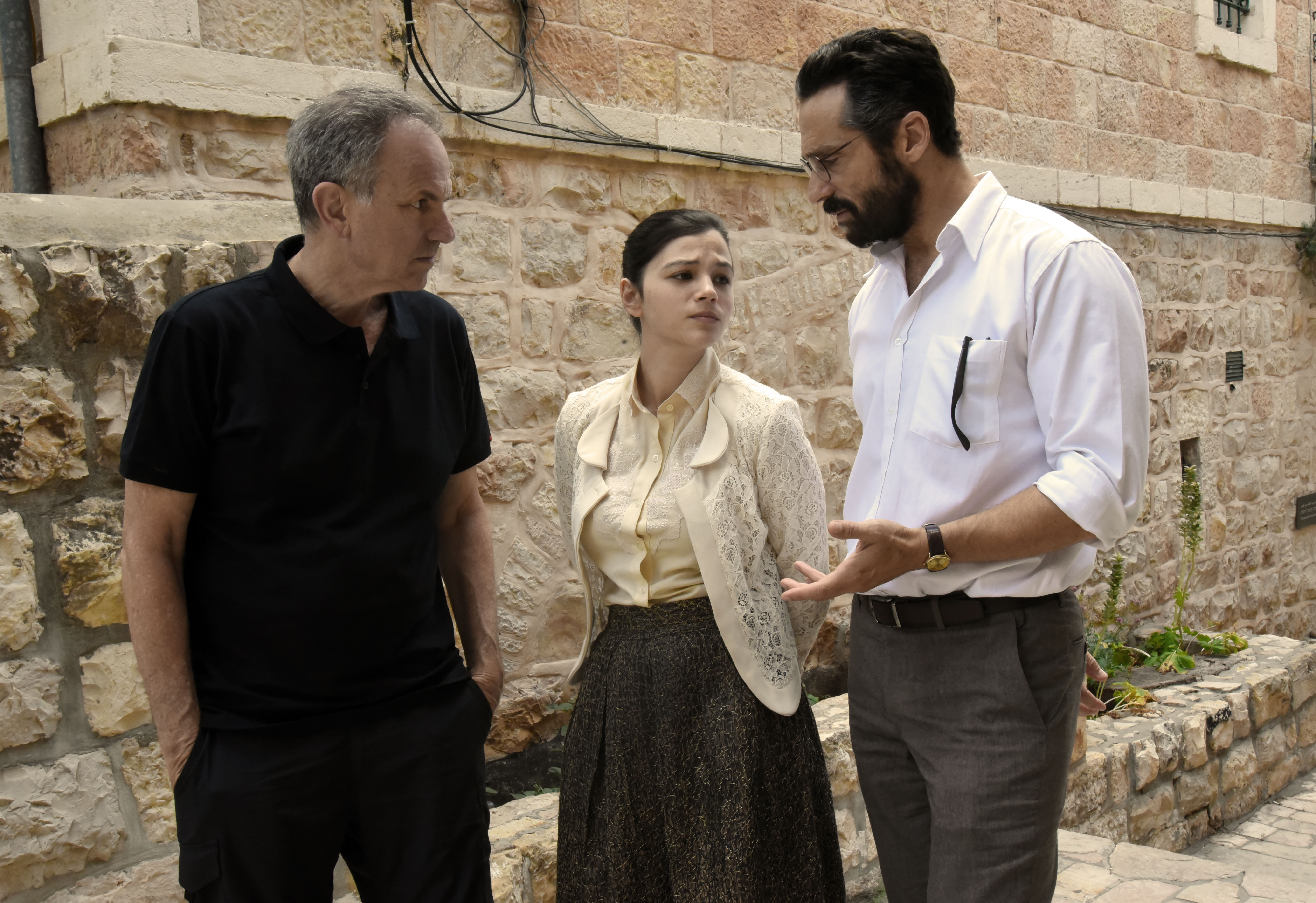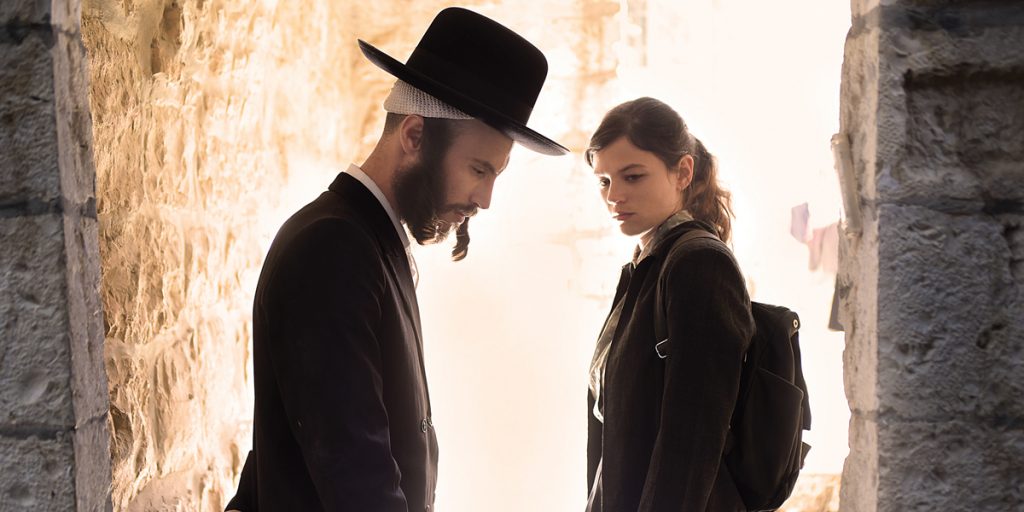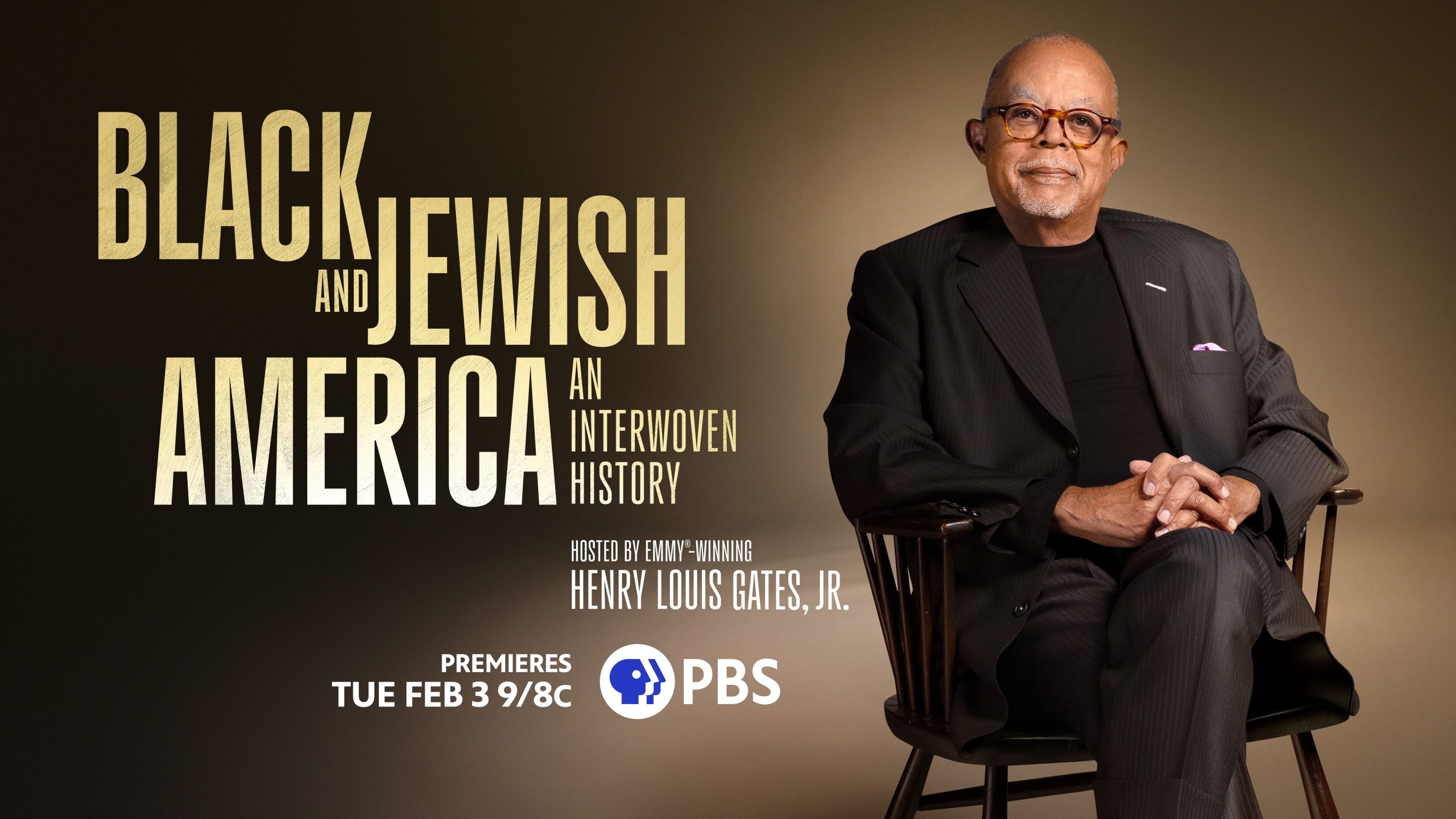
Filmmaker Avi Nesher took some time recently to speak with Solzy at the Movies in advance of the US release of The Other Story. The Israeli film premiered last year during the 2018 Toronto International Film Festival.
When did the idea first form for The Other Story?
Avi Nesher: Well, I’ve been very intrigued. I have a daughter with whom I’m close and the most horrible thing going to happen to me is if we were estranged at some point. It’s so easy to lose connection with somebody who shares your DNA and is in a whole different generation. I met Noam Shpancer, an Israeli psychologist who lives in America. He told me the story. Pretty much, most of this story is a true story. It is based on his own relationship with his own daughter, who has become religious. I thought it was very interesting and I thought it became—it’s a very personal story and a family story—which is also a story of a whole nation. Israel is always struggling between Orthodoxy and modernity and it’s a greater existential threat to the identity of Israel than anything security-wise. Whenever I start to do a movie, it needs to be a story that interests me but also about issues that I think need to be discussed.
What was the writing process like with Noam Shpancer?
Avi Nesher: He and I spent a great deal of time together. It’s very interesting to work with a psychologist because you get to ask the questions. He has a warped sense of reality just like the rest of us. Slowly but surely, he begins to realize his own miscues and his own feelings. At some point, I sort of started charging him for the time we spent together the way he works. He’s just a really interesting man. We spent a great deal of time together and we’re piecing these elements together. I spent a great deal of time researching the cult that the movie discusses and getting to know many of these characters. Much of the story elements of the characters are based on real life and true characters. It took me a while to get a good grasp of the world in which the narrative unfolds the characters. Then I sat down and wrote it with him.
It’s interesting to watch their stories intersect especially once Yonatan (Yuval Segal) brings in Anat (Joy Rieger) to help.
Avi Nesher: I’ll tell you a funny story about that. This film had a world premiere at Toronto, which is a festival I love. It’s become an incredibly significant festival. It’s my fifth time in a row in Toronto. By now, I know most of the critics. When I went up on stage for the Q&A at the first screening, I saw one of the top critics in America—that shall remain nameless—leave the theater in a huff. My heart skipped a beat. My G-d, this guy gave me great reviews in the past. By the time I’m done with the Q&A, he comes back. He comes up to me and he hugs me. He goes, “Great movie, amazing movie.” Then I said, “Why did you leave?” He said, “It’s your fault.” I go, “Why is it my fault?” He says, “Well, I see 3-4 movies every day. And normally I understand the structure, the genre, the formula, and I can identify in 10 minutes in any given movie in which the narrative doesn’t really fluctuate and I go to the bathroom.” He said, “In your film, I was riveted but I couldn’t understand the rules of the game—the way these two stories came together. I was just sitting there waiting for the film to be over to go to the bathroom.” I said, “The way I did it is using a real story because real life really has no rules.” The real complexity was to weave these stories together and it’s something—it’s like two rivers merging and becoming one river. When we did our first test screenings, I was interested to see if the audience can really kind of shift their attention for one story to another. It was really beautiful to see how it all became one story.
I was in Toronto and wanted to see it there but ended up having to wait until the Chicago International Film Festival because I couldn’t fit everything in my schedule.
Avi Nesher: That’s right. It was in Chicago in the Masters section, right?
Yeah. It was very crowded.
Avi Nesher: That’s always good to hear.

This is one of the few films I’ve seen that explore the concept of “hazara betshuva,” the returning to the faith. While I’m not Ultra-Orthodox, I can relate to it in that I grew up in a Conservative Jewish home and grew more observant in college.
Avi Nesher: It’s interesting because I went to yeshiva. I have a great understanding of religious people even though I am not. Actually, the guy who plays the prospective groom—the musician—was actually one of the top pop stars in Israel. When I got to do the movie, he said, “If you’re crazy enough to hire me, I’m crazy enough to do it.” He was a very significant in developing the character and the songs that he wrote. He wrote during rehearsals and they were beautiful and painful songs. We became great friends, him and I. He calls me the most religious secular person that he knows. I call him the most secular religious person that I know. This whole notion of—that’s Israel for you.
What was the most challenging part of making the film?
Avi Nesher: The challenging part always is to bring actors to a point where they are no longer acting which is why—my movies never have any lead characters. My movies always are about universes and they’re always comprised of an ensemble. I rehearsed for a long, long time and I view actors as collaborators—as my partners for creation, not just a hired hands. It takes me two or three months of many improvisations and many rehearsals in which I rewrite extensively. By the time I’m done, the actor and the character become one. This one, because the actress who plays Anat—obviously, she’s not religious. You really have to get the right body language and you really have the right mentality. She spent a great deal of time in places for baal teshuva. Trying to create something where you can you can achieve true suspension of disbelief was the most difficult process. Again, it’s a tribute to these really wonderful actors.
In looking at Israel today, there’s this real struggle that plays out between secular and Ultra-Orthodox Jewry just like we see in the film. Any thoughts on this?
Avi Nesher: Israel has been a very interesting and perilous situation because for many, many years, Israel was facing an existential struggle from the outside. People often tend to think that the Israeli-Arab conflict is over security, land, or water. What it actually is—it’s a clash of two narratives. Two narratives which are—we have our narrative and they have their narrative. Every side sees the other narrative as the other narrative, which is one of the things that the movie talked about. In the last few years, the existential threat for Israel is within because as the country grows more and more religious, the secular people feel that their life—the way they conduct their lives is being compromised. Actually, people are using these two terrible words: civil war. Israel, much like America, is an immigrant nation. It’s a country that came together from people from all over the world. I think the American Civil War happened about 100 years into American history. Israel is 71 years old and if we’re not careful, we’re going to end up there. I always think that the best way to avoid battle is to exchange ideas and when people talk to each other, they don’t really shoot each other. One of the reasons I made this movie is to get this conversation going because of course, we think we’re totally right and we think they’re totally only wrong and of course, they see it the other way. One of the most pleasant surprises about this movie is that this movie was seen by many, many religious people who normally don’t go to see movies. There was a very healthy discussion in Israel between the secular and religious through this movie. One trying to achieve great art but also one trying to provoke a discussion within the society. In many ways, this thing did in Israel.
What do you want people to take away from The Other Story?
Avi Nesher: Hopefully, one takes many things away. I’ve met people who have rethought what’s goes on within their families. I’ve met people who have rethought their relationships with their sons and daughters or their parents. I’ve met people who have rethought the way they see other people and maybe people that we’ve considered our nemesis lying to me. People are just afraid of us as much as we’re afraid of them. I’ve met many, many people that have said this movie has touched many raw nerves in different ways. I hate movies that do only one thing. I think it’s interesting when a touches nerves at the same time.





